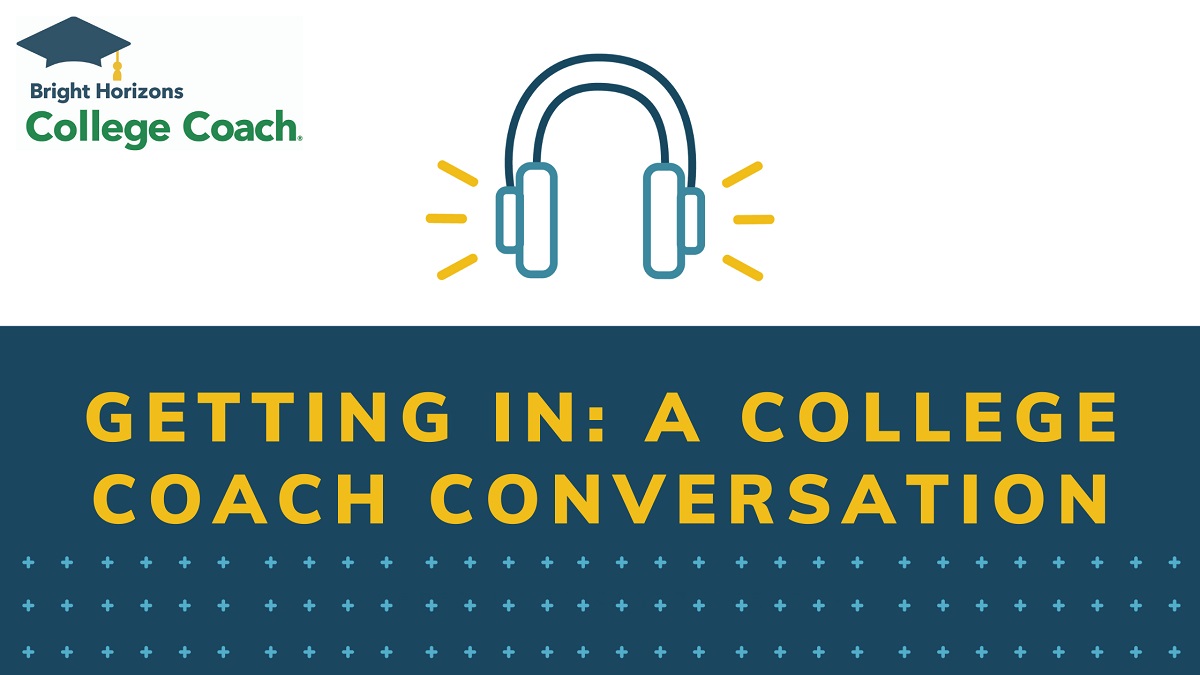Demonstrated Interest: What is it and how do you find out if colleges track it?
My former college roommate called me in early fall to ask a question about her daughter’s college application process that went something like this: “We can’t decide whether it’s worth the time and money for Leah to visit these colleges where she wants to apply. What do you think?”
A big part of this question was asking about whether colleges will penalize Leah’s application or not take her application seriously if she has not visited campus or “demonstrated interest” in this way. But what is actually considered “demonstrated interest” when it comes to admissions?
The most common ways to demonstrate interest tend to be:
- Taking a campus tour
- Interviewing
- Writing a supplemental application question along the lines of, “Why do you want to attend C College?”
- Meeting with an admissions representative during that rep’s visit to the student’s high school
- Viewing a virtual tour on the college’s admissions website
- Speaking with an admissions representative at a college fair
- Researching the college online or via social media **






